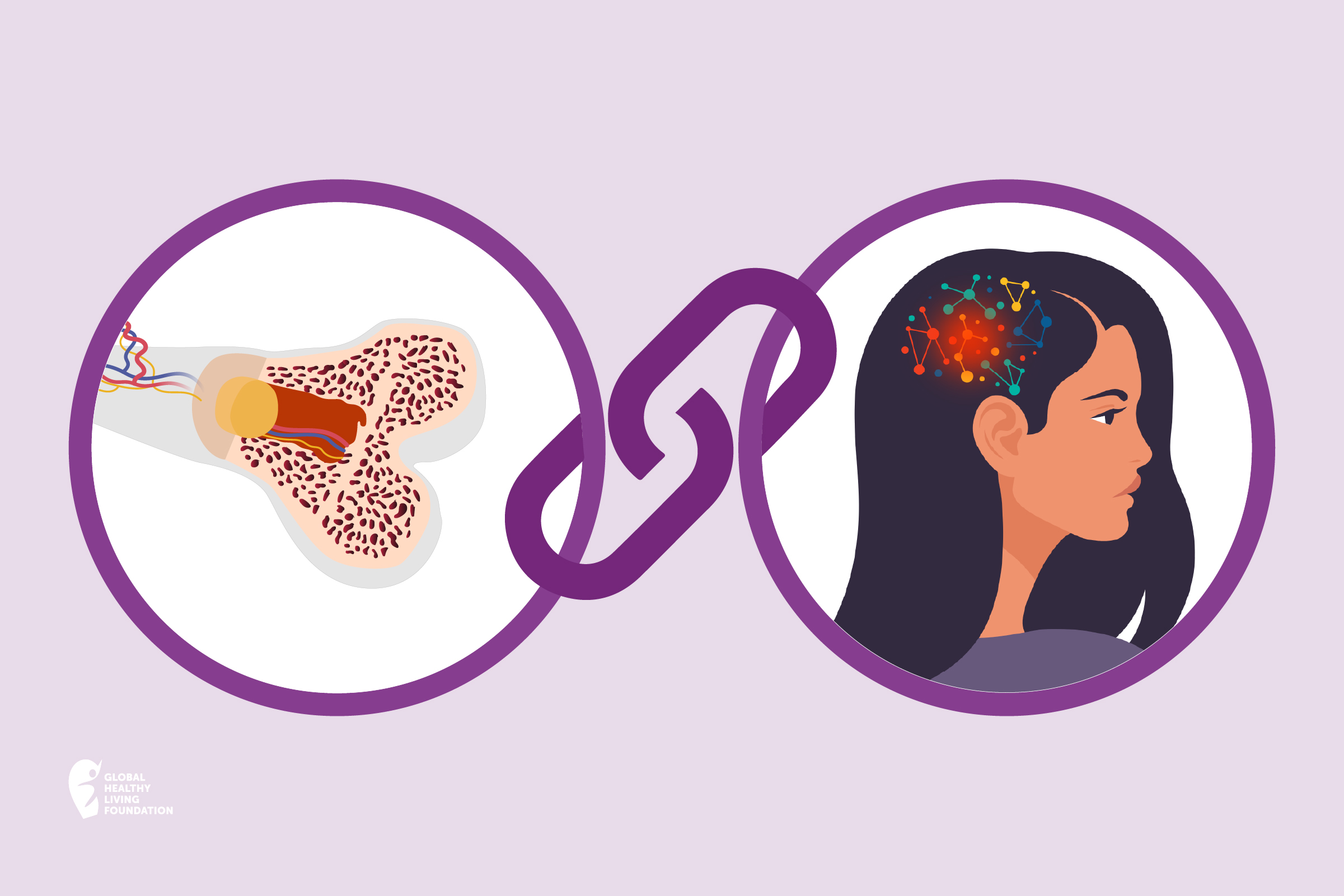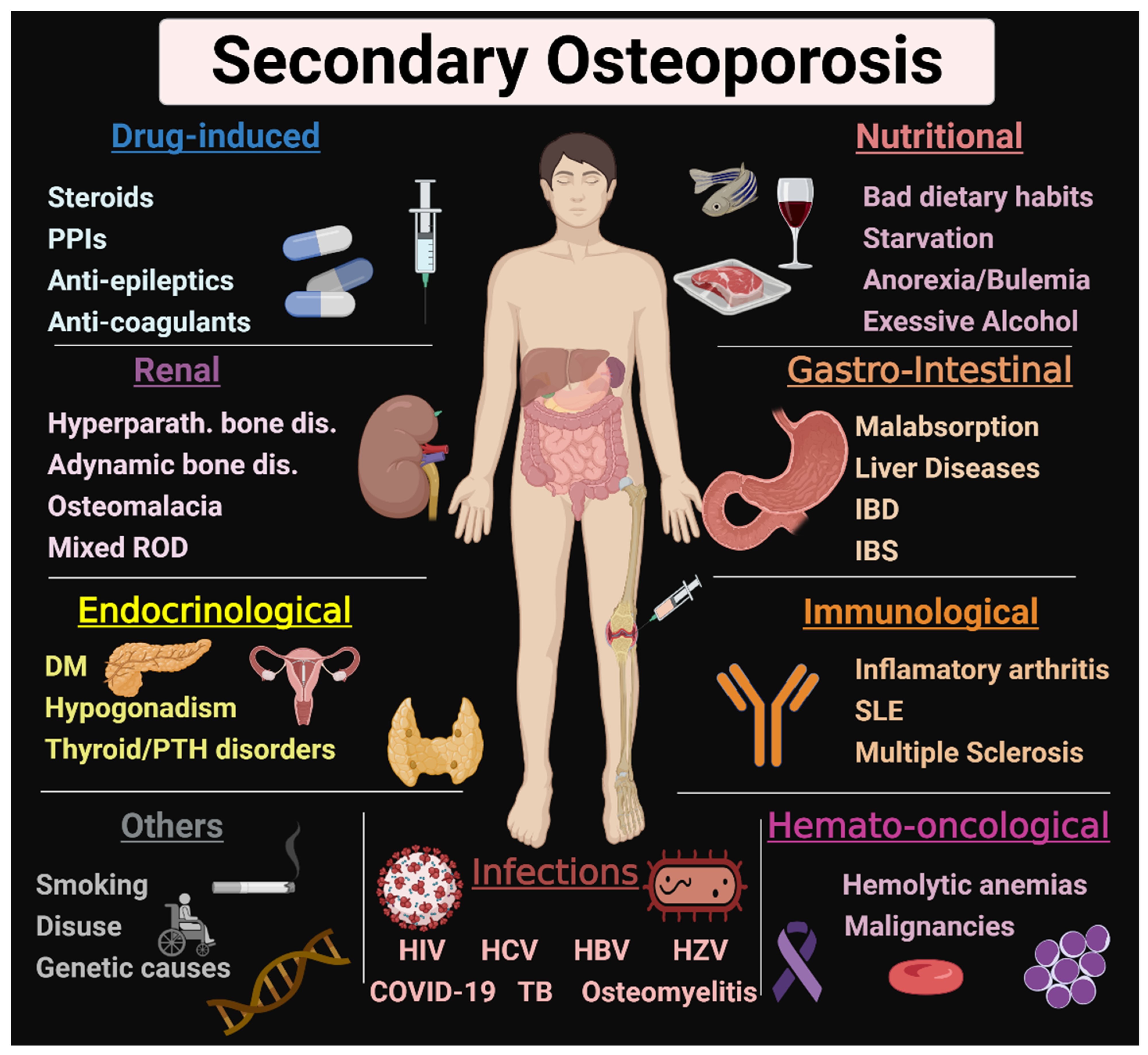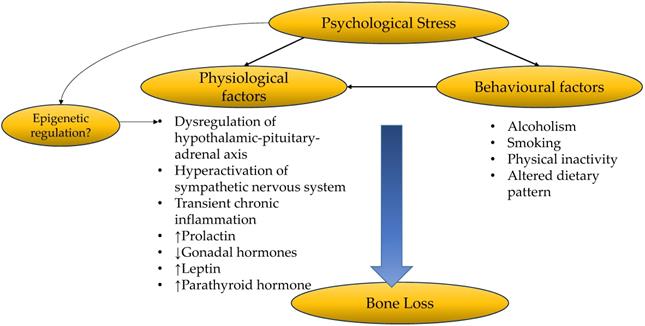Osteoporosis and Mental Health- By Dr Markandaiya Acharya
Introduction
Osteoporosis, a condition characterized by brittle and fragile bones, affects millions worldwide. However, its impact extends beyond the physical realm, exerting a significant toll on mental well-being. We explore the intricate web of connections between these two aspects of health and offer insights that empower individuals to make informed choices for a better quality of life.
Understanding Osteoporosis
What Is Osteoporosis?
Osteoporosis is a silent but debilitating condition that weakens bones, making them more susceptible to fractures. It often develops over years without noticeable symptoms until a fracture occurs. It is essential to understand the risk factors, such as age, gender, genetics, and lifestyle, that can contribute to the development of osteoporosis.
Osteoporosis and Bone Health
The foundation of osteoporosis management lies in preserving bone health. Nutritional intake, especially calcium and vitamin D, plays a pivotal role in maintaining bone density. Regular weight-bearing exercises, such as walking and resistance training, can help strengthen bones and reduce the risk of fractures.
The Silent Threat to Mental Health
Osteoporosis isn't solely a physical concern. The psychological impact of living with a condition that predisposes one to fractures can be profound. Anxiety, depression, and reduced quality of life are common among individuals grappling with osteoporosis.
The Mind-Body Connection
Stress and Osteoporosis
Chronic stress, a prevalent modern-day affliction, can have detrimental effects on bone health. Elevated stress levels can lead to increased cortisol production, which in turn can accelerate bone loss. Learning stress management techniques is crucial for individuals with osteoporosis.
The Role of Nutrition
Mental health is closely intertwined with nutrition. A well-balanced diet not only supports bone health but also contributes to optimal brain function. Omega-3 fatty acids, found in fatty fish, walnuts, and flaxseeds, have been linked to improved mood and cognitive function.
Exercise and Mood Enhancement
Regular physical activity isn't just beneficial for bone health; it's a natural mood enhancer. Exercise releases endorphins, which can counteract the symptoms of depression and anxiety, providing a valuable coping mechanism for those with osteoporosis.
Strategies for Holistic Well-being
Building Resilience
Living with osteoporosis can be emotionally challenging, but developing resilience is key. Support groups, therapy, and meditation can help individuals navigate the emotional ups and downs that may accompany this condition.
Medication and Treatment
Medical advancements have provided various treatment options for osteoporosis. Consultation with a healthcare professional can help determine the most suitable medication, lifestyle modifications, and monitoring strategies to manage the condition effectively.
Conclusion
In this comprehensive guide, we've explored the intricate relationship between osteoporosis and mental health. By understanding the physical and psychological aspects of this condition, individuals can take proactive steps to mitigate its impact on their lives. From nurturing bone health to cultivating mental resilience, there are numerous avenues for improving overall well-being. Remember, knowledge is power, and taking control of your health is the first step towards a happier, healthier life




Comments
Post a Comment